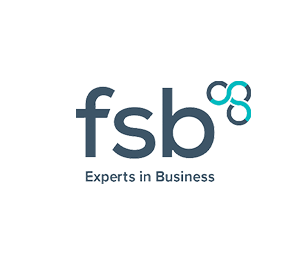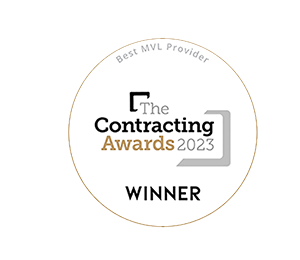What are the benefits of liquidating a business?
Liquidating a business can be a solution for both solvent and insolvent companies.
Business liquidation is the professional and legal process of closing down a limited company. All company assets will be sold, and in the case of an insolvent business liquidation, the funds raised will be used to pay off creditor debts where possible. For a solvent business, the funds will be fairly distributed among the company directors.






Liquidating a business can be a solution for both solvent and insolvent companies.

If your company is solvent and you no longer need it, solvent business liquidation offers a structured way to close things down. Once your company has been liquidated with an MVL, you can move on to your next steps, whether that’s retirement, moving abroad, or just a career change.

Insolvent business liquidation halts creditor pressure and any pending legal action against your company. You’ll benefit from knowing that your company affairs will be wrapped up in a legal and structured way, reducing risks to both you and your creditors.
There are two main types of business liquidation, solvent and insolvent.
If your company is financially healthy and you and the majority of company directors wish to close it down, Members’ Voluntary Liquidation (MVL) may be the best choice. Whether you’re retiring or the company is no longer needed, an MVL is a cost-effective and tax-efficient way to liquidate a business.
If your company is struggling financially and under pressure from creditors, a Creditors’ Voluntary Liquidation (CVL) may be the most appropriate route. A CVL is a voluntary decision by the majority of company directors. It ensures that creditors are treated fairly, halts any pending legal action against your company, and reduces risks to both you and your creditors.

If you’re thinking about liquidating your business, contact The Liquidation Centre today on 0203 800 0626 We’ll guide you through every step and make sure you understand your options.
To liquidate a business, you need to work with a licensed Insolvency Practitioner. Whether you’re going through a solvent or insolvent business liquidation, an Insolvency Practitioner is required to carry out the process. Company directors cannot handle the liquidation themselves.
An Insolvency Practitioner will advise on the right approach for your situation and ensure that all assets are fairly valued. The Practitioner will then use the proceeds to settle debts, inform Companies House, and manage the legal dissolution of the business.


The fees for liquidating a business need to be paid by you and any other company directors. As the process can’t begin without an Insolvency Practitioner, their fees will need to be covered.
If you’re liquidating an insolvent business, you’ll need to pay a pre-appointment fee before the process starts. If your company doesn’t have enough assets to cover the fees, you and the other directors might need to pay personally.
If you’re looking for advice on business liquidation, The Liquidation Centre is here to help. Our team of experienced Insolvency Practitioners will take you through every step, making sure you know what’s happening and why.
Get in touch with us today for honest, professional advice on liquidating your business.